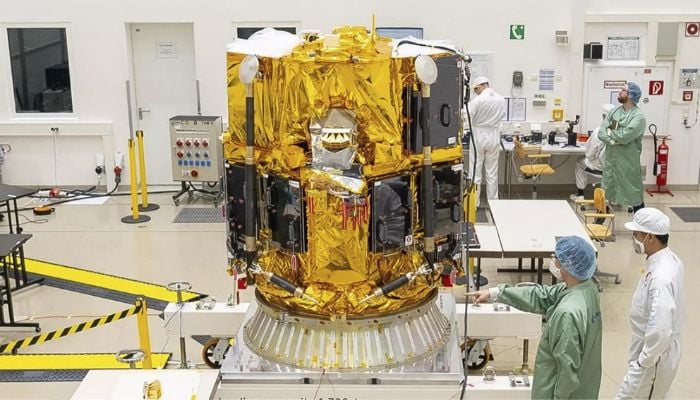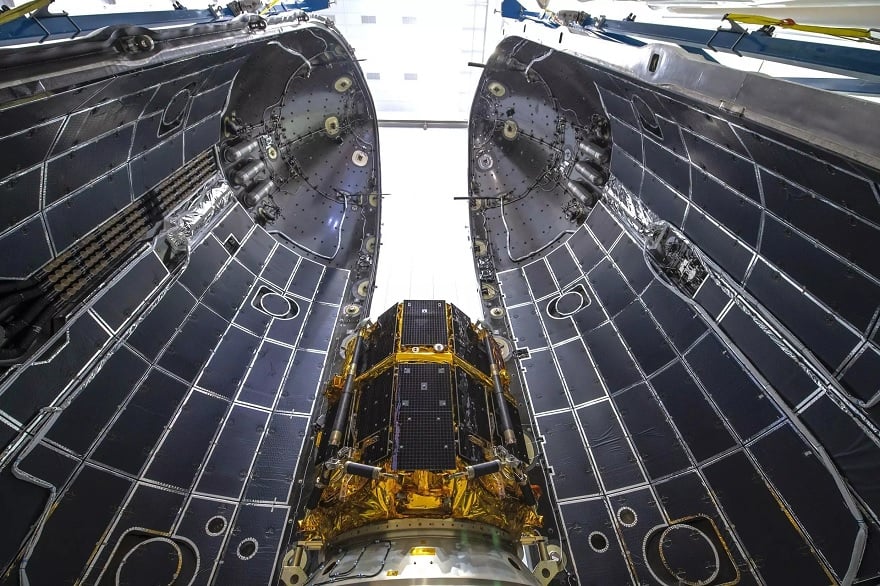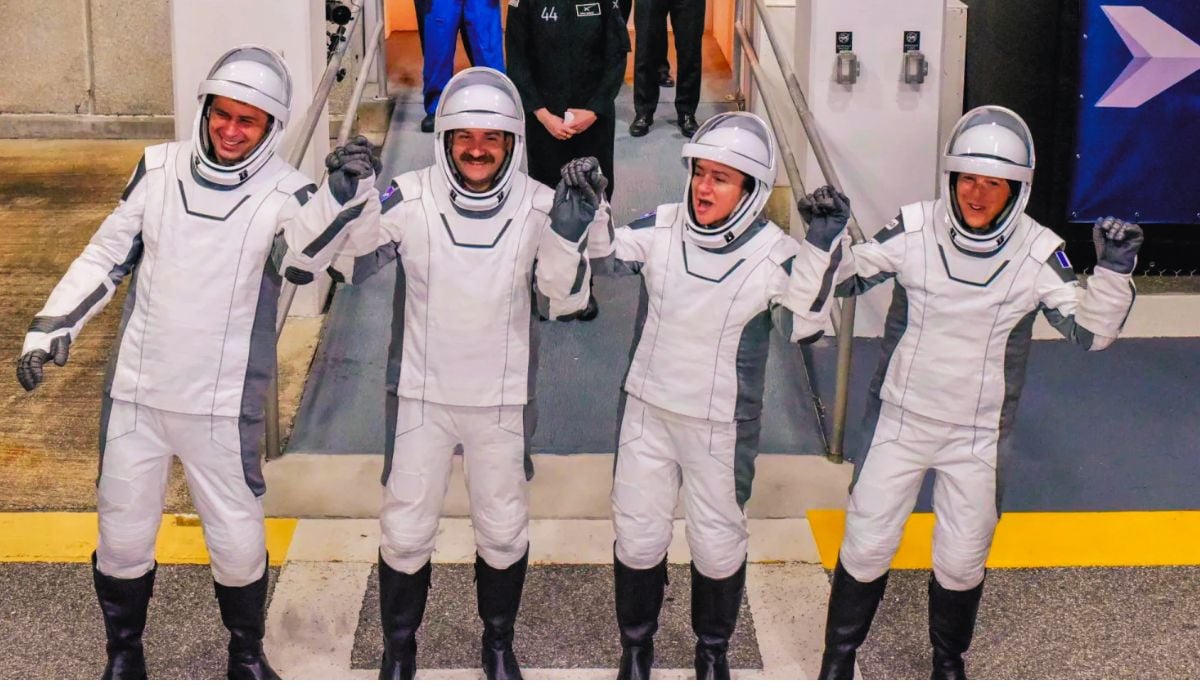Japan's ispace set to make history with world's first commercial moon landing
If successful, the M1 lander will be the fourth spacecraft to achieve a soft landing on the moon
Japanese startup ispace is poised to make history by landing its Hakuto-R Mission 1 (M1) spacecraft on the moon, in what would be the first successful private lunar landing ever.
Scheduled for Wednesday morning, Japan time, the M1 will touch down on the moon after taking off from Cape Canaveral, Florida, on a SpaceX rocket.
The landing comes as a welcome achievement for Japan, which has experienced multiple setbacks in its space technology endeavours, including the forced destruction of its new medium-lift H3 rocket by Japan Aerospace Exploration Agency (JAXA) last month.
Despite these challenges, Japan remains committed to developing its domestic space industry and achieving its goal of sending Japanese astronauts to the moon by the late 2020s.
If successful, the M1 lander will be the fourth spacecraft to achieve a soft landing on the moon, following the United States, the former Soviet Union, and China. India and a private Israeli company have attempted to land on the moon in recent years, but both failed.
The M1 will carry a two-wheeled rover developed by JAXA, Japanese toymaker Tomy and Sony, as well as the United Arab Emirates' four-wheeled "Rashid" Rover. Additionally, the spacecraft will carry an experimental solid-state battery made by NGK Spark Plug and other objects to gauge their performance on the moon.
In its second mission in 2024, the M1 will bring ispace's own rover, and from 2025, the company will collaborate with US space lab Draper to bring NASA payloads to the moon. The long-term goal is to establish a permanently staffed lunar colony by 2040.
The success of ispace's lunar development and transportation business has been reflected in the company's market debut on the Tokyo Stock Exchange this month. The startup's shares soared as investors bet that its business will align with Japan's national policy of defence and space development.
In conclusion, if the M1 spacecraft lands successfully, it will be a major milestone for the private space industry, especially in Japan, and pave the way for further lunar exploration and development.
-
Annular solar eclipse 2026: Where and how to watch ‘ring of fire’
-
Scientists discover rare form of 'magnets' that might surprise you
-
Humans may have 33 senses, not 5: New study challenges long-held science
-
Northern Lights: Calm conditions persist amid low space weather activity
-
SpaceX pivots from Mars plans to prioritize 2027 Moon landing
-
Dutch seismologist hints at 'surprise’ quake in coming days
-
SpaceX cleared for NASA Crew-12 launch after Falcon 9 review
-
Is dark matter real? New theory proposes it could be gravity behaving strangely













